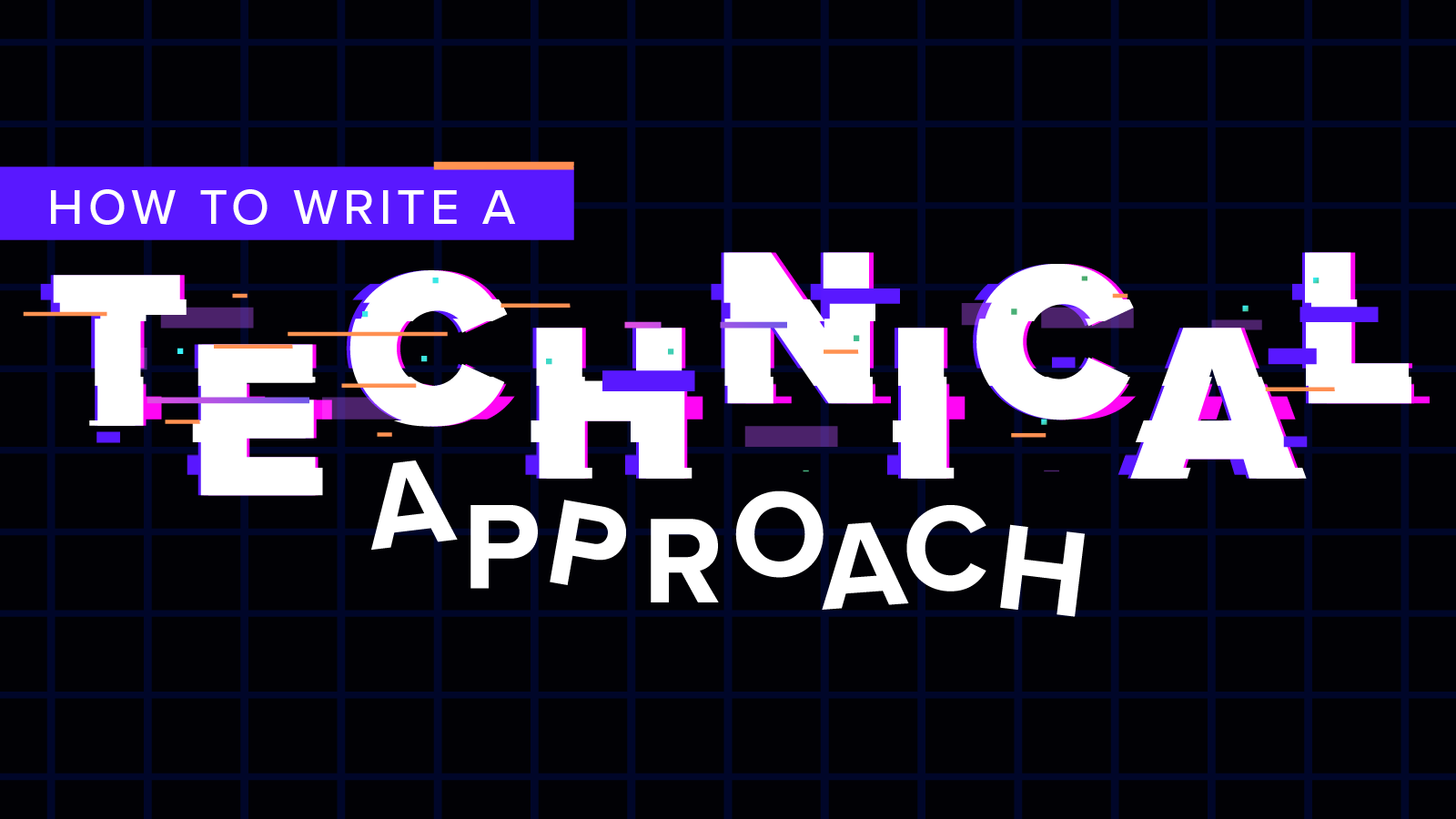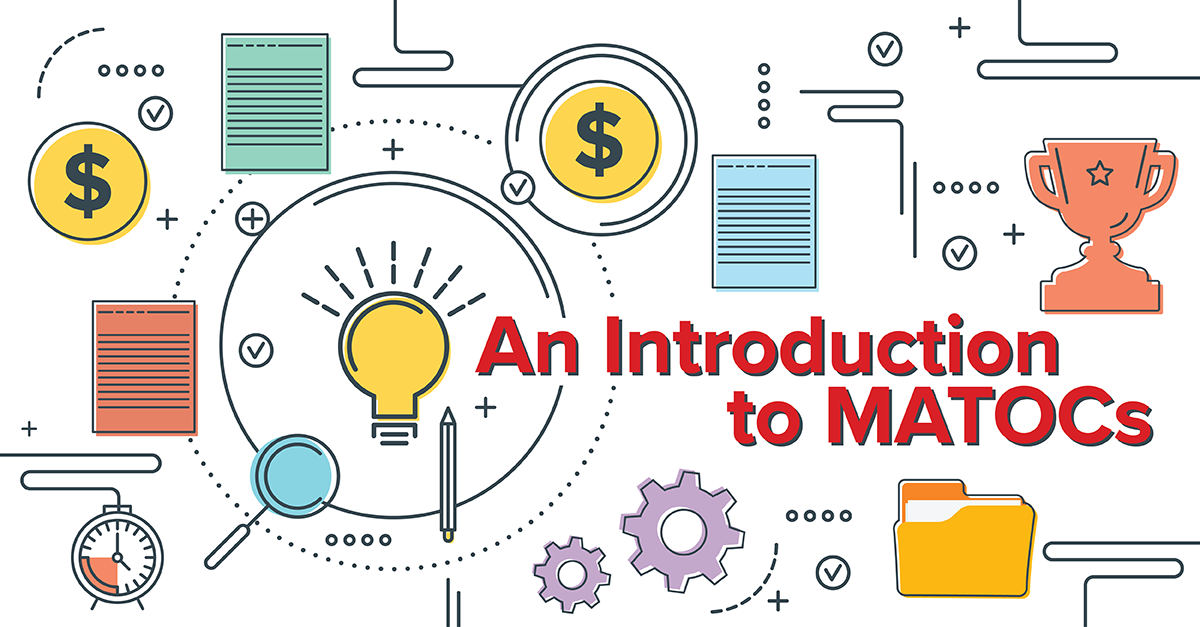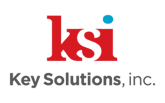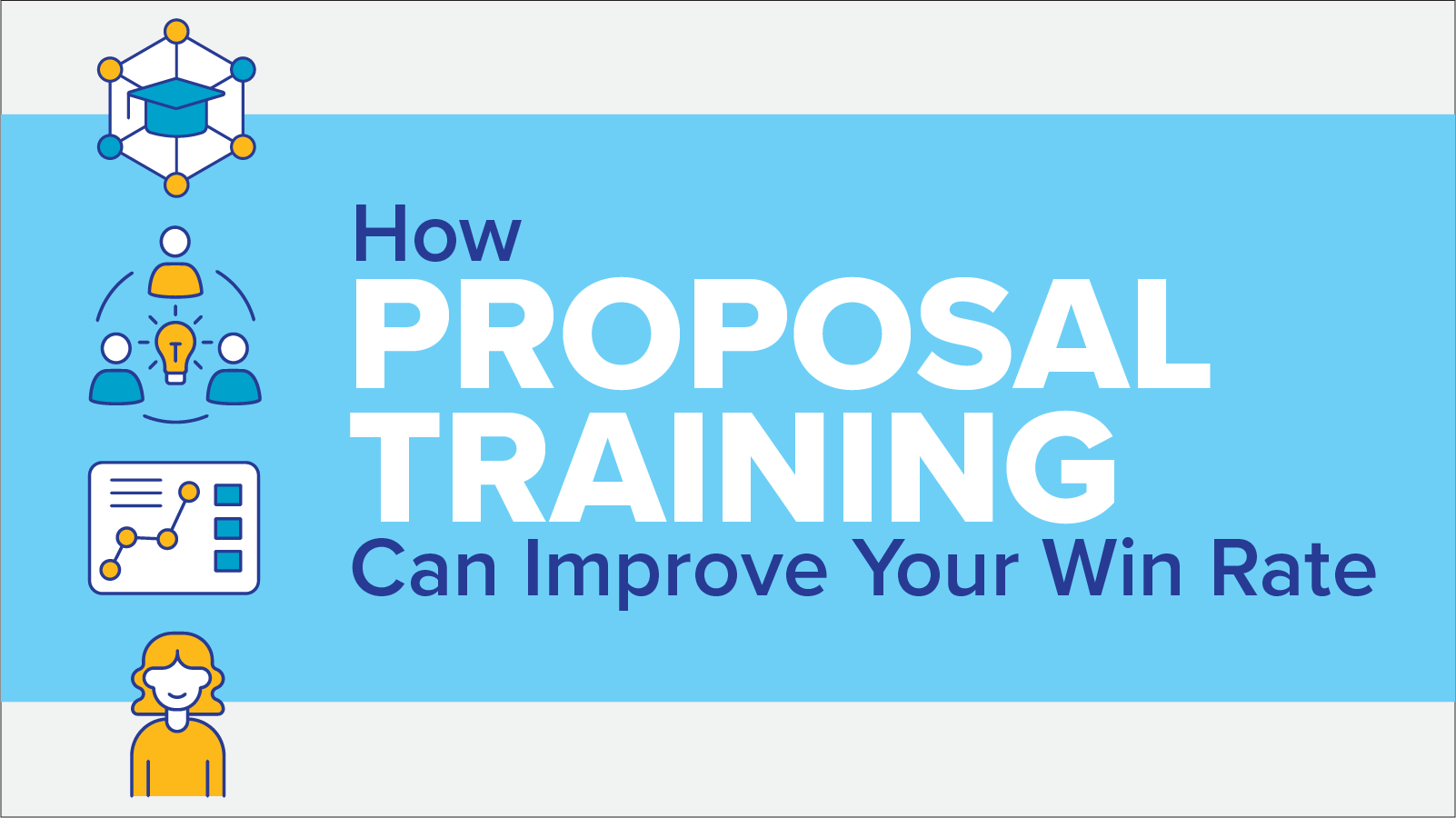
"It is a truth universally acknowledged that a competitive bid must be in want of a great proposal team." - Jane Austen.
Well, maybe Jane Austen didn't write that, but if you've ever worked on a government proposal, you know your submission is only as good as the team that puts it together. Your company might have the best solution and strongest capabilities, but without a clear, compelling, and effectively organized proposal, your response can leave the evaluators confused and unimpressed.
To avoid this outcome and submit the strongest response possible, your proposal development team must have the skills and knowledge to develop a winning bid.
This article will discuss the importance of training for proposal teams. We will also explain how training ensures industry best practices, helps team members understand their roles, and maximizes your chances of putting together a winning bid. We've also included a handy email template at the end of the article to send to your boss!
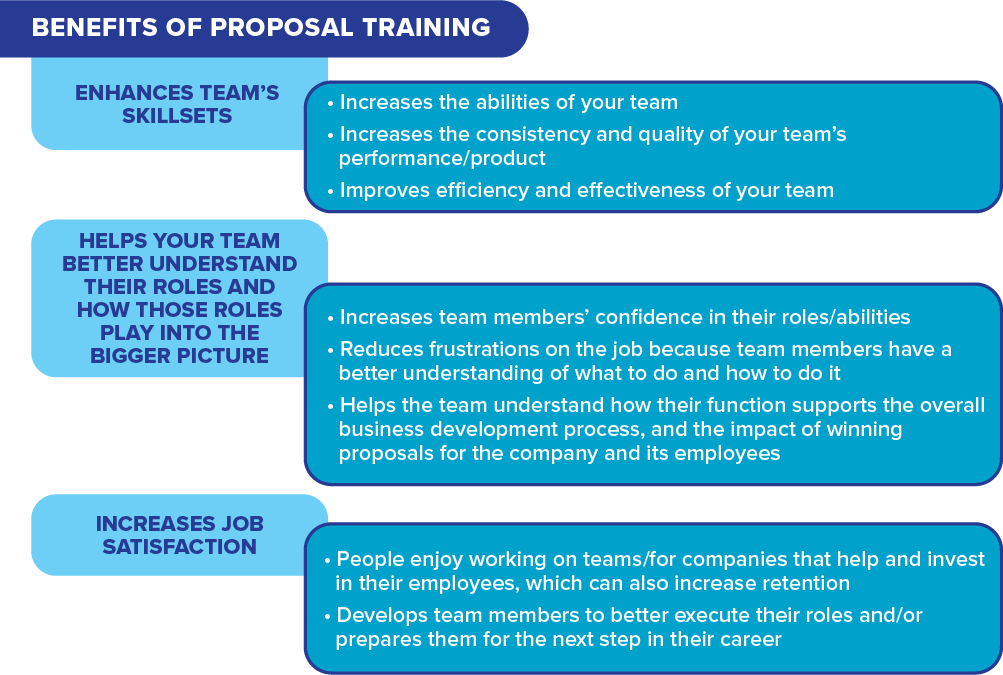
Training Enhances Your Team’s Skillsets
Writing government proposals is different than most other writing, which is why it is important to understand how to craft a proposal narrative that will resonate and score well with the evaluators. Creating a compliant document is the first - and most important - objective. However, submitting a compliant response is rarely enough to win the customer over.
Without proposal-specific training, it can be difficult to construct a response that is compliant, well organized, clear, and compelling. The following are a few key topics effective proposal training should cover:
- Writing techniques that enhance readability
- Revision techniques to enhance responsiveness and ensure compliance
- Strategic techniques that enhance your ability to win
- Review techniques for an effective and productive draft review

Training helps improve the proposal development process by arming employees with specific skills, emerging techniques, and best practices that improve the overall quality of the final product.
Increases the Team’s Abilities: When actively participating in training, your employees will develop new skills and enhance the skills they already have. These skills can be directly applied to the proposal development process, leading to a stronger, more consistent final product.
Improves Consistency and Quality: Many proposal team members may not have a background in proposal writing. They may not understand why proposals are outlined the way they are or how to effectively use strategic and supporting information such as features and benefits, proof points, and value propositions. Without training, these words may be thrown around without context. Training helps define these concepts so the team can use them to strengthen the quality and consistency of the response.
Training Helps Team Members Better Understand Their Roles
Regardless of the size or budget of an opportunity, most proposal teams are comprised of many different roles. The graphic below demonstrates a typical Proposal Team composition.
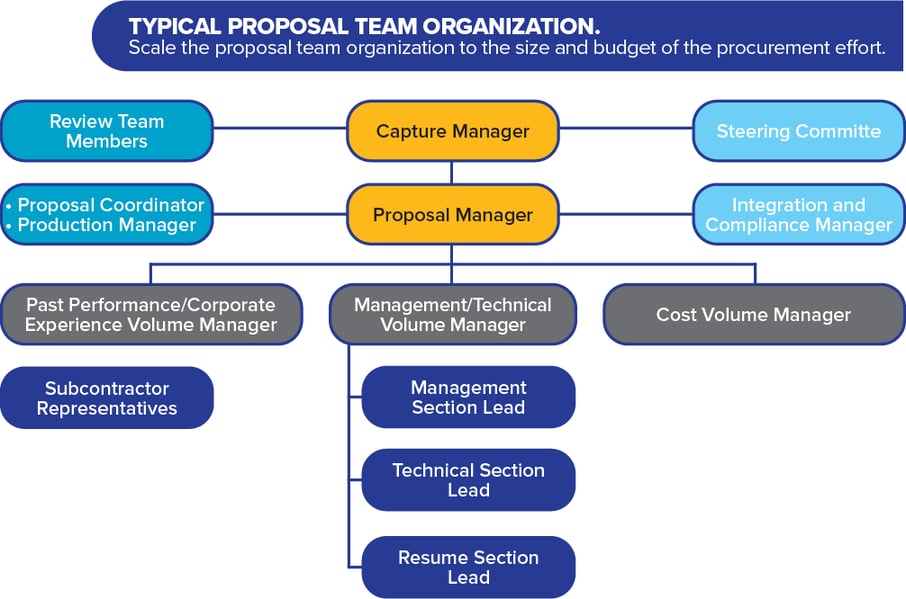
Educating your employees about their roles and how they contribute to the overall mission will improve their confidence, reduce frustration, and allow them to better support the organization.
Increases the Team’s Confidence: An added benefit of investing in the sharpening of your employees' skill sets is that it provides them with confidence in their roles. Many times the proposal schedule is tight, and team members need to pitch in to help with aspects of the proposal that they may not have been originally assigned to. When employees are optimistic about their ability to succeed, they are more willing to take on additional work and assignments that push their abilities, help the team move forward, and encourage professional growth.
If a writer is less experienced and has not had much training, they may feel less inclined to take on more sections for fear of being unable to complete them all. With training and professional development, team members can feel more confident in their work, thus feeling assured in their ability to deliver their sections by the required deadlines.
![]()
Reduces Frustrations on the Job: The proposal development process involves many moving parts. The graphic below provides an overview of some of these roles.
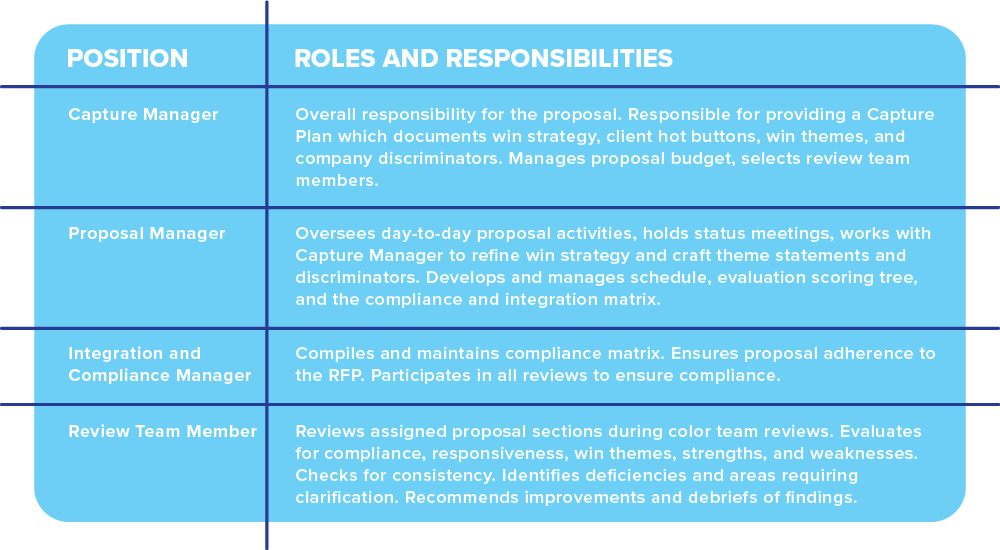
Sometimes the lines between these roles and responsibilities can become blurred, and it is not always clear which action items belong to whom. Proposal training will give your employees a clear understanding of what they’re responsible for within your team, reducing frustrations across the team. When employees have a clear understanding of their responsibilities, it is less likely that tasks will fall through the cracks.
Supports the Overall Business: While it is important for a proposal professional to understand their role, it is equally important to understand how their role fits into the proposal development lifecycle. If employees work in silos, it can be difficult to understand how their work aligns with the rest of the team or proposal.
For example, if a Subject Matter Expert (SME) is pulled onto a proposal team to provide the writers with guidance on the solution, they might explain the technical aspects of the solution without explaining to the writer how those aspects translate into direct benefits to the customer. When everyone on the team has a good grasp of the entire proposal process, they can each contribute in a way that helps the entire team. The graphic below from the KSI Advantage™ Capture & Proposal Guide represents the typical proposal lifecycle.

Training Increases Job Satisfaction
Investing in your employee’s skillsets and career path shows that you are interested in furthering their professional development.
According to Women in Technology International, studies show that over 60% of jobseekers, “consider it essential that an employer be genuinely invested in employees’ career growth.”
Invest in Employees: To attract and retain top talent in the proposal industry, you need to invest in your employees―this includes training. When employers offer training and continuing education, employees feel like their professional growth is valued. Job satisfaction can also lead to increased engagement. Employees who are engaged are often more loyal and productive.
Develop Team Members: Promoting from within not only offers employees opportunities for growth, but saves a company time and money. When you invest in training, you can be confident when promoting. It is much easier to promote an employee with pre-existing and institutional knowledge of a company and its processes than a new face. It’s not that a new person won’t be successful, but a current team member will take less time to ramp up into a new role.
Conclusion
The importance of training in proposal development cannot be overstated. Do not make the mistake of adding employees to a proposal team without educating them on how to write and develop a winning proposal. Ask yourself, what learning opportunities would benefit your proposal writers? What development opportunities can you implement to grow your employees' skills and help grow your company's revenue?
Investing in training with organizations like Key Solutions will place you above your competition by giving your employees the knowledge and tools to create compliant, compelling proposals that win. Need help convincing your leadership? Here's an email you can send to your boss.
Hey [boss name],
I've done some research, and I've discovered a great proposal training service with Key Solutions.
If the company sends our team to this training, we can learn [insert skills that are important to you in bullet points]. The best part is this training is customized to our goals and needs and can help us solve a [insert current problem such as low win rates, a junior team that needs training, ramp up new employees, get everyone on the same page, etc.], They will have the necessary skills and tools to implement a successful proposal process.
Think of how powerful it would be if our team had a proposal process designed specifically for us. Think of how much our win rates would improve if our proposal team worked more efficiently and effectively. Or how much easier it would be to retain talent and promote them when we are confident in their skills.
I’ve done the pricing and logistics research. Who do I need to work with to get the company to pay for this training?
[Your name]
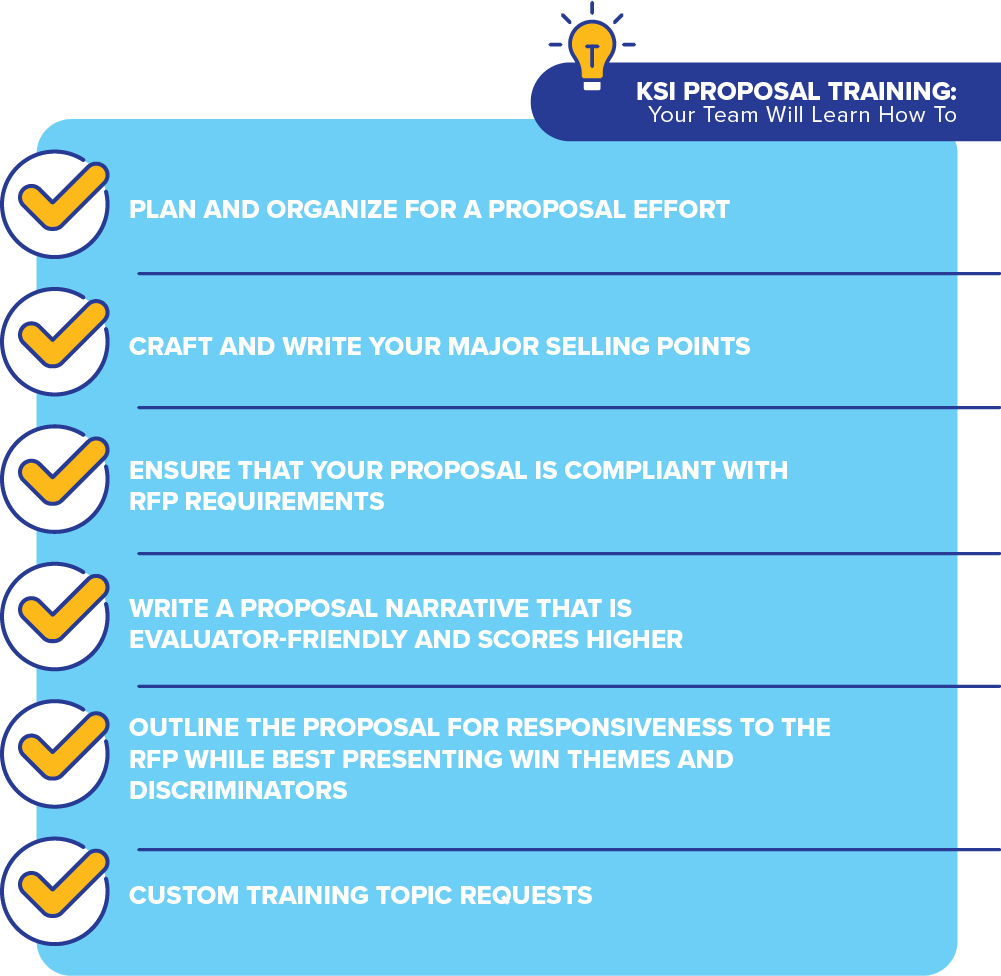




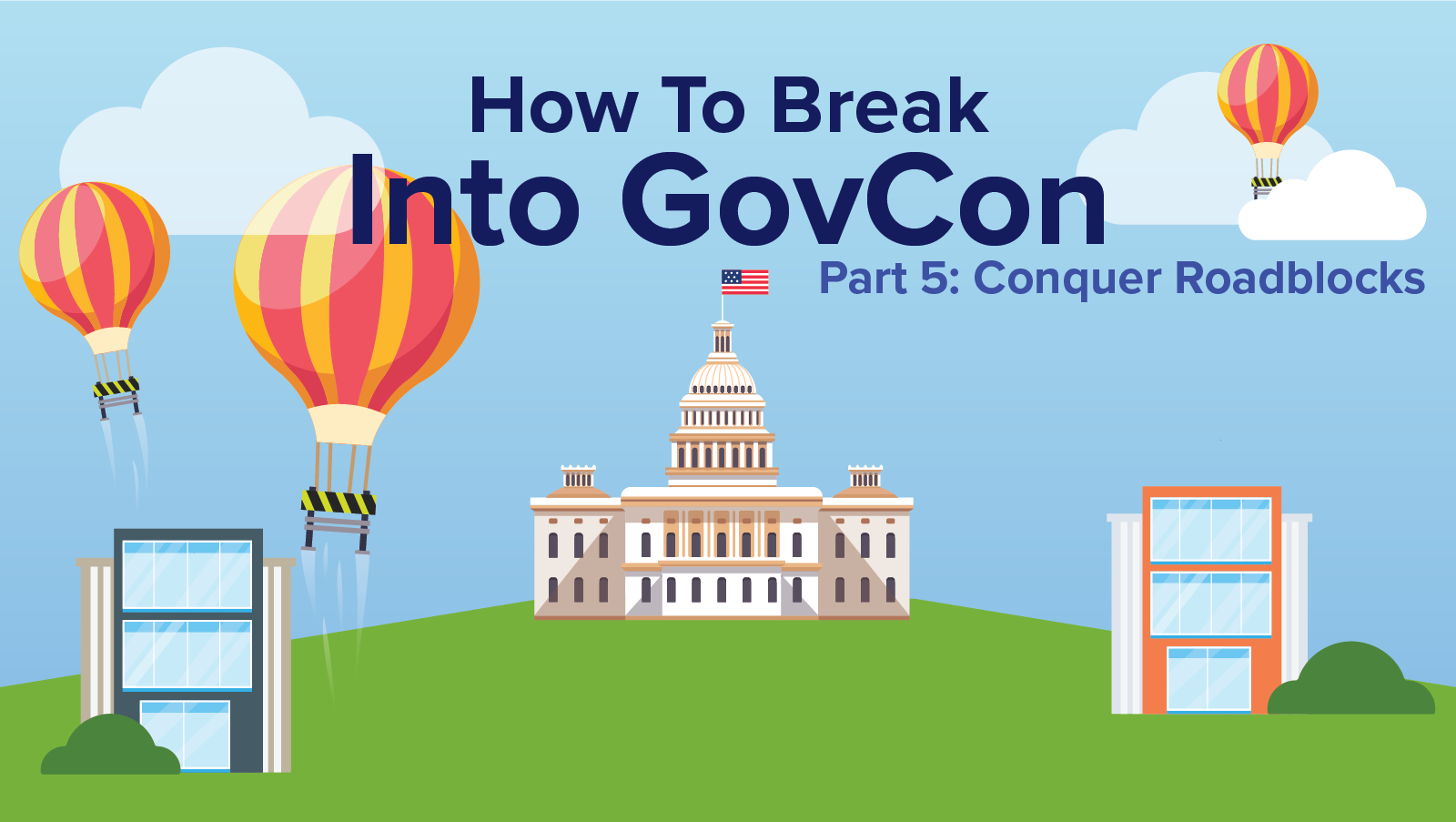

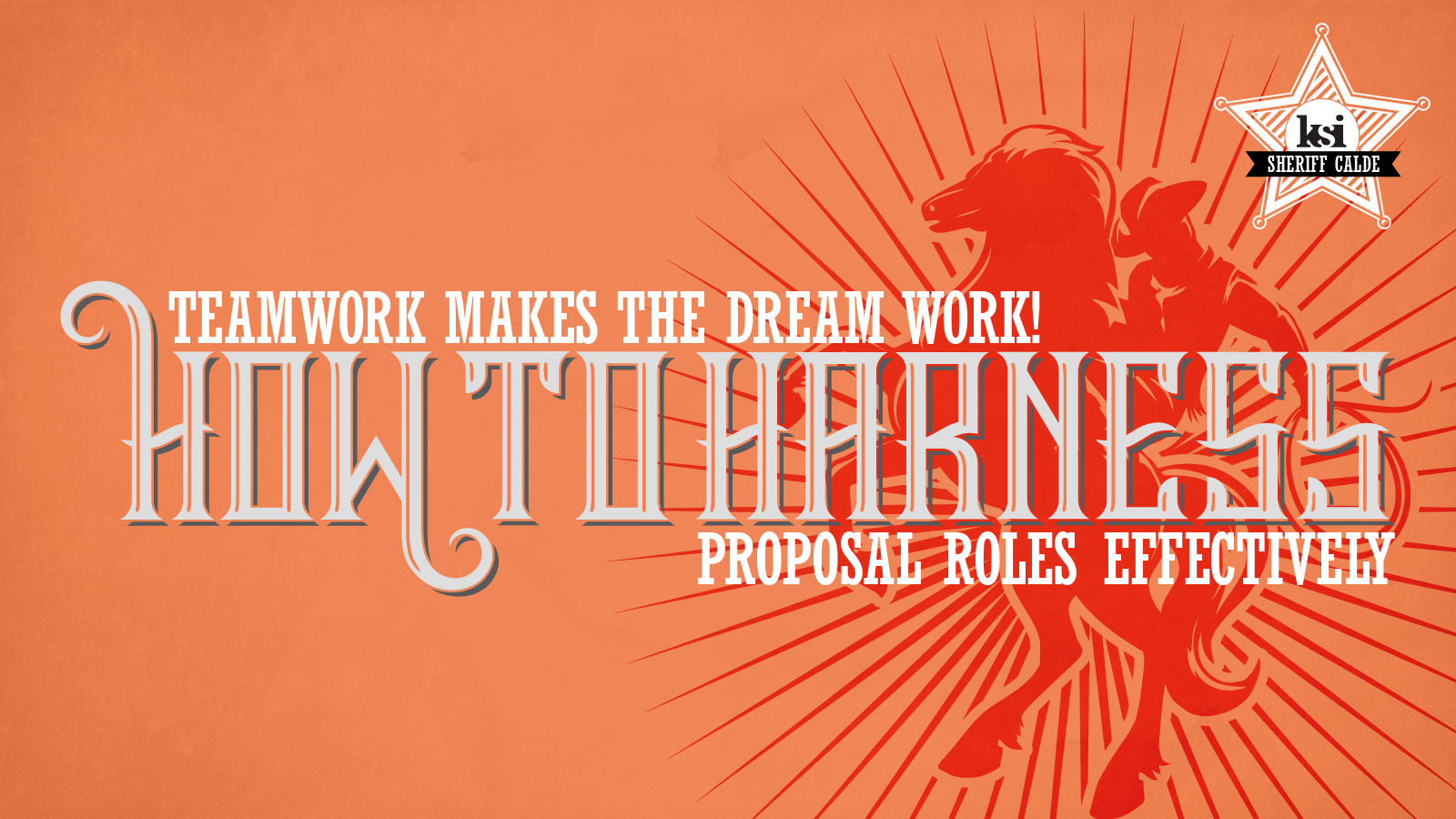
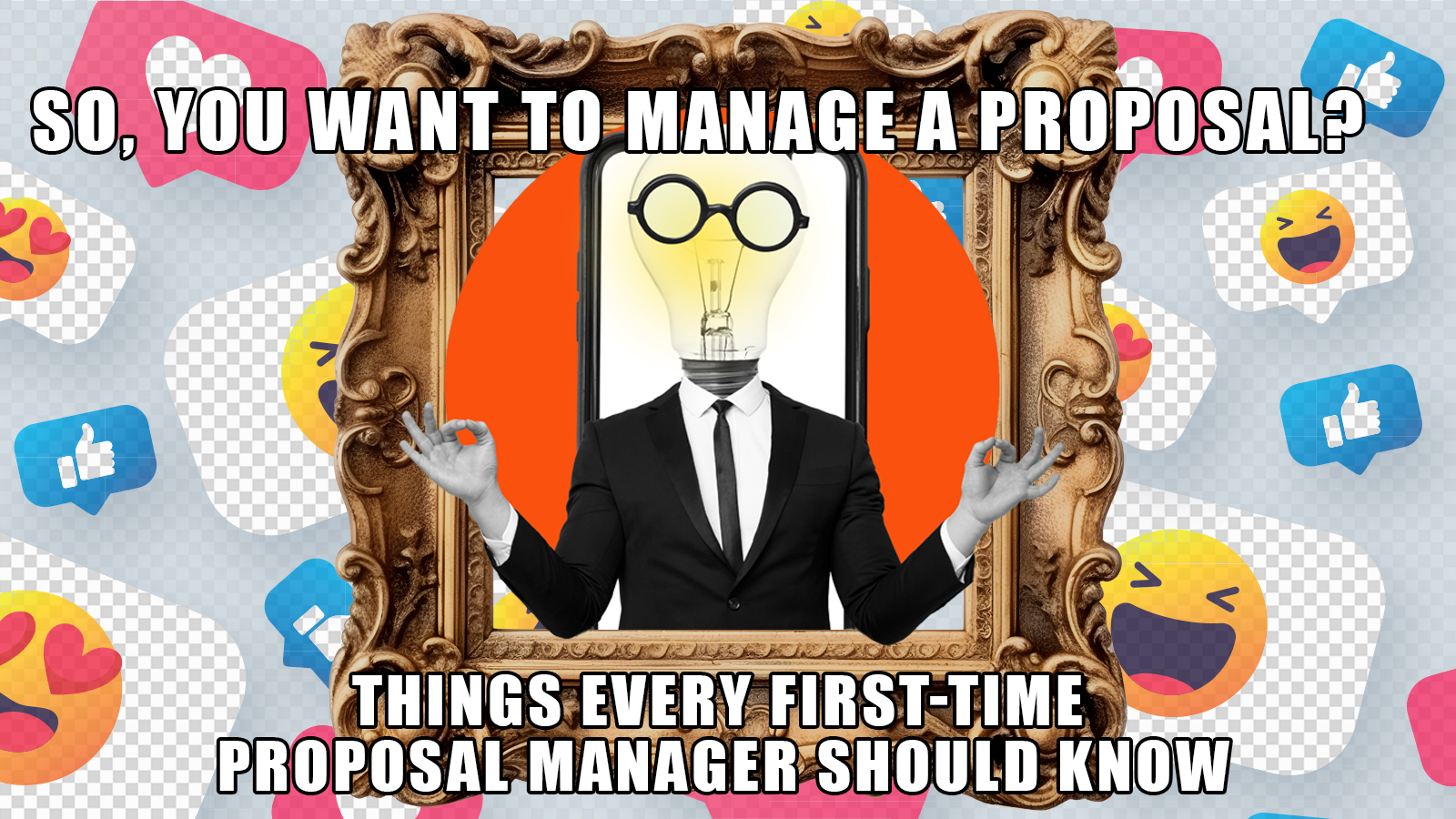
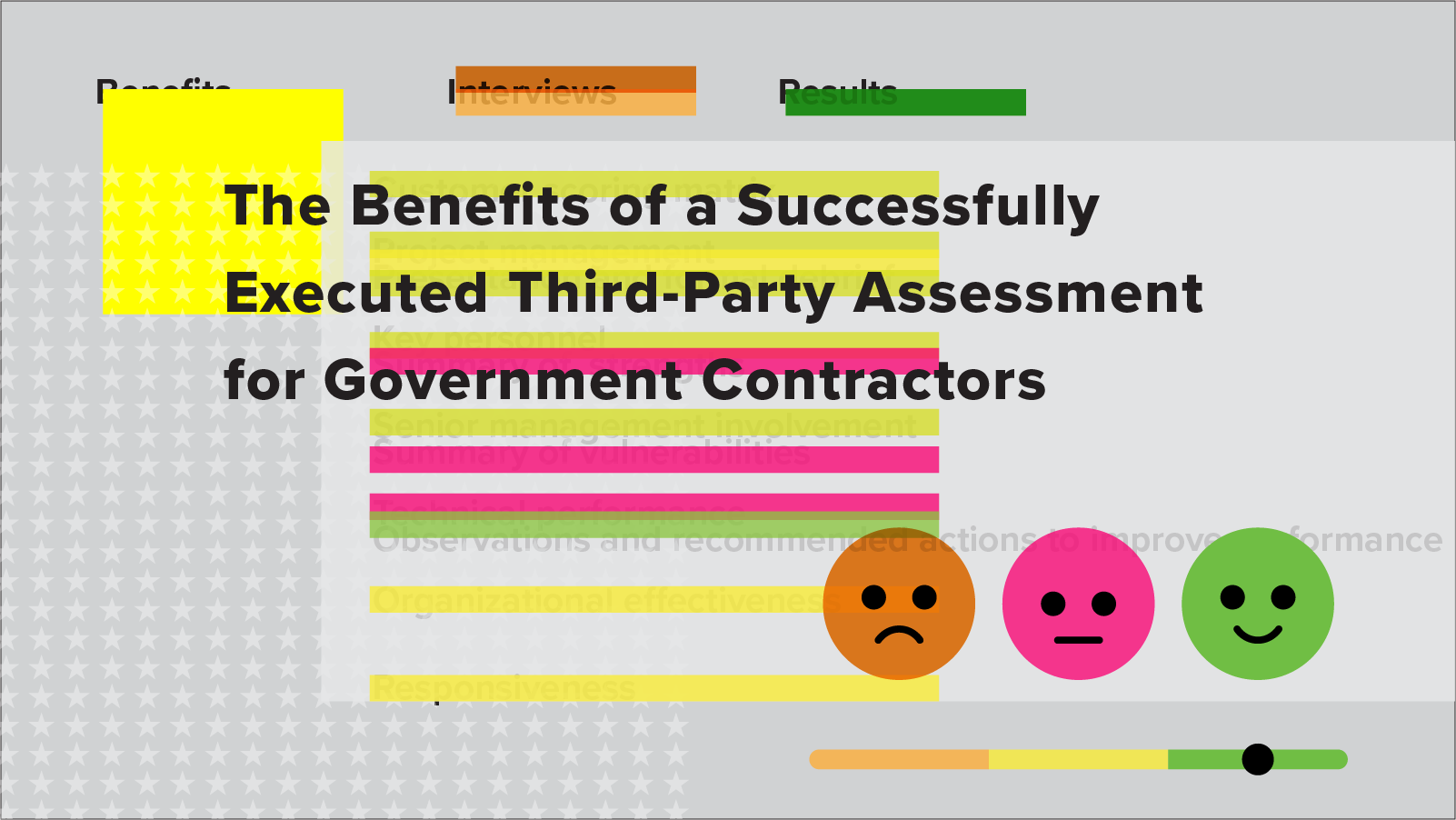
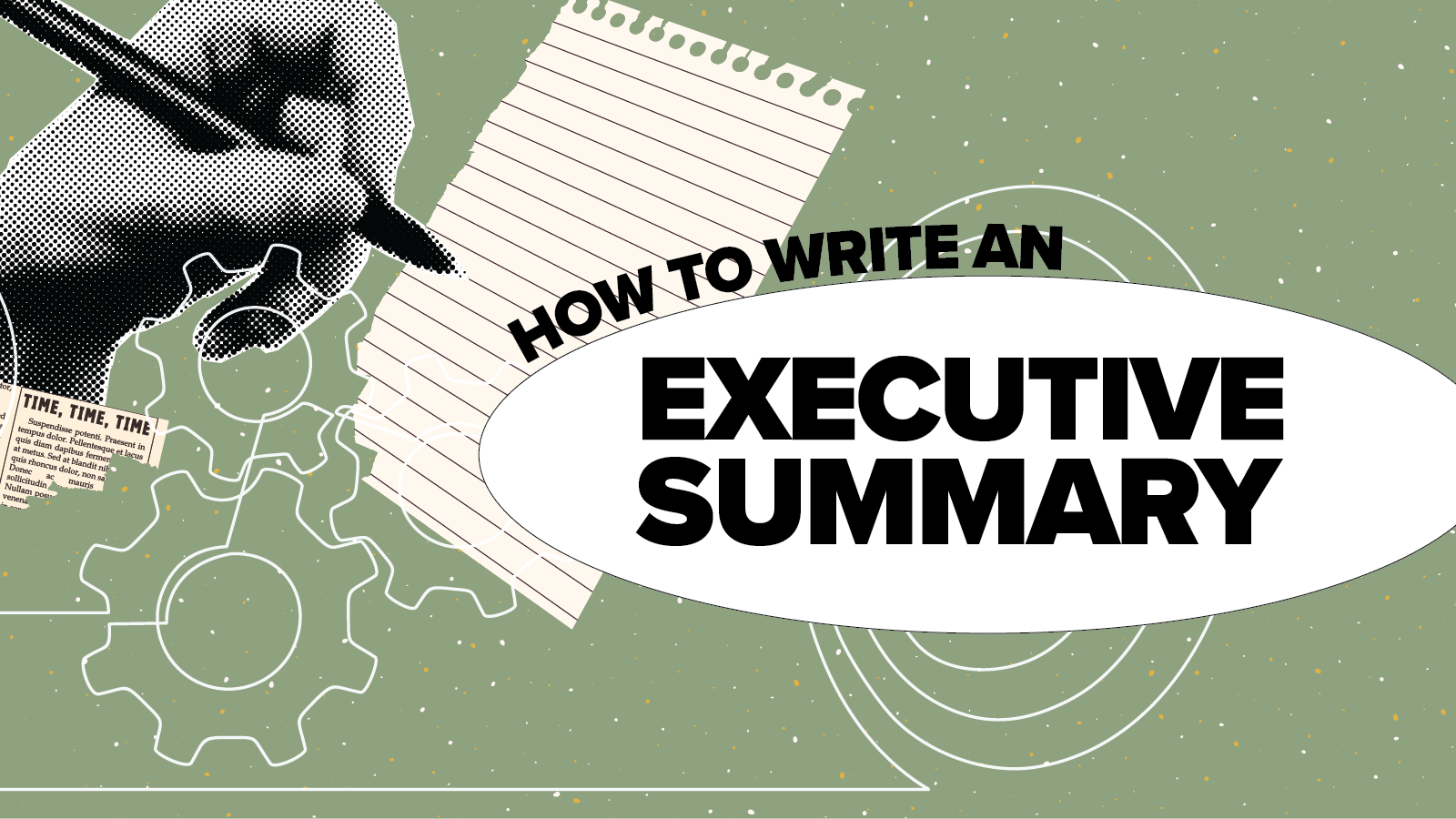

![How to Create an Effective Proposal Schedule [Examples + Templates]](https://info.ksiadvantage.com/hubfs/Blog%20Images/How%20to%20Create%20an%20Effective%20Proposal%20Schedule.png)
